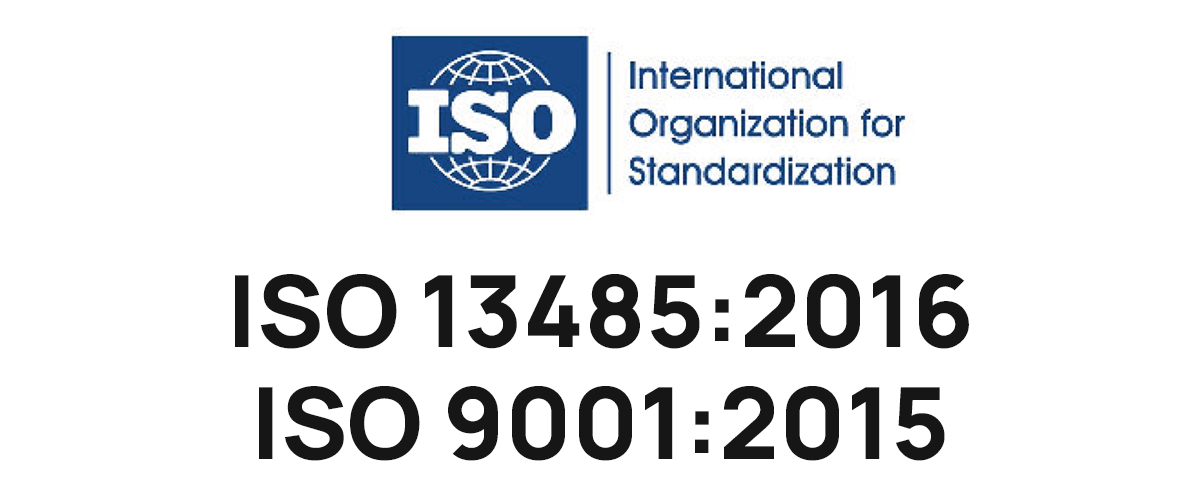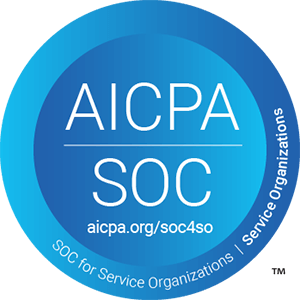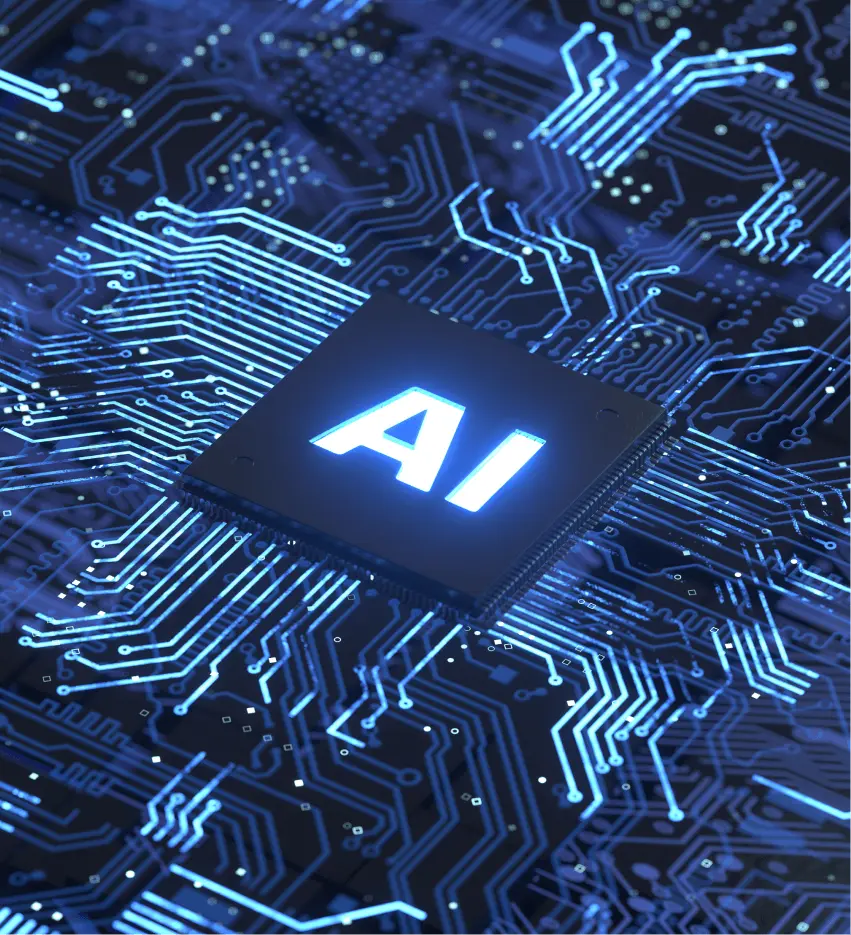In an age of technological dominance, the symbiotic link between artificial intelligence (AI) and quality engineering has become the cornerstone of innovation and efficiency. According to a Gartner estimate AI augmentation will provide $2.9 trillion in company value and reclaim 6.2 billion hours of human productivity by 2025. Leveraging this potential, quality engineering is experiencing a fundamental transition, with the potential to alter established testing approaches- making it clear that incorporating AI into quality engineering isn’t just a choice—it’s a need for remaining competitive in today’s fast-paced digital environment.

AI Revolution in Quality Engineering
Artificial intelligence, with its competencies in machine learning, natural language processing, and predictive analytics, is pushing the limits of traditional quality engineering. AI-powered tools and methodologies enable teams to automate routine tasks, uncover hidden patterns in data, and identify possible problems before they occur. This proactive strategy is critical for maintaining superior quality while accelerating the development cycle.
Enhancing Test Automation
One of the most notable applications of AI in quality engineering is test automation. Traditional automated testing, while useful, sometimes involves substantial programming and upkeep. AI advances automation by offering intelligent test formulation and execution. AI algorithms may develop test cases based on user stories and application behavior, adapt to changes in the codebase, and even forecast which parts of the program are most likely to be defective. This not only minimizes the amount of manual labor necessary, but also improves test coverage and dependability.
Predictive Analysis for Defect Prevention
Predictive analytics, which uses machine learning, is another major changer. By studying historical data from past projects, AI may detect patterns and trends that human analysts may miss. This allows quality engineers to estimate where problems are likely to occur and take preventative measures to reduce them. For example, we can use AI to assess code changes, developer commit history, and previous defect data to predict possible risks in future builds, allowing teams to focus their testing efforts where they are most needed.
Natural Language Processing for Improved Communication
Communication is a vital component of quality engineering, particularly in big, scattered teams. Natural Language Processing (NLP) systems can analyze and understand massive volumes of textual data, including bug reports, user comments, and test logs. This aids in prioritizing issues based on their importance, grouping related flaws for faster resolution, and even producing useful reports for stakeholders. By automating these duties, AI frees up crucial time for quality engineers to work on more significant projects.
AI-driven Generation of Realistic Synthetic Data
Historically, test data generation has failed to represent the underlying characteristics of production-like data effectively. However, with the introduction of Generative AI (GenAI) and powerful machine learning algorithms, this is shifting. These systems can learn the properties and patterns of real production data, allowing for the creation of synthetic data that is extremely accurate. This improvement improves data-driven feature previews, giving stakeholders insights that are more relevant to real-world settings than previously. The result is more robust and dependable testing, which ensures improved quality and performance in the final product.
Real-World AI Applications in Quality Engineering
The theoretical benefits of AI in quality engineering are appealing, but real-world examples demonstrate its revolutionary impact. Here, we look at some real instances of how AI is transforming quality engineering procedures across sectors.

AI-Powered Test Case Generation and Optimization
Traditional test case development in quality engineering is time-consuming, needing frequent coding and updates. We can leverage AI to utilize machine learning to analyze application behavior and user interactions, automatically generating detailed test cases, speeding up testing, and improving coverage and consistency.
For example, in the financial industry, where applications are often updated and regulations change, AI-driven test case development has proven helpful. Financial institutions use AI to continually produce and enhance test cases, assuring compliance and security while saving time and effort on human testing.

Intelligent defect prediction and prioritization
Defect prediction is another area where AI is having a substantial influence. By evaluating previous defect data and recognizing trends, AI models can forecast which portions of the codebase are most likely to contain flaws. This enables quality engineering teams to focus their efforts on high-risk regions, hence increasing testing efficiency and effectiveness.
In the healthcare business, for example, AI-driven defect prediction contributes to the dependability of important medical software. Healthcare professionals can address concerns that potentially have an influence on patient safety and treatment results by anticipating probable faults in advance. This predictive skill is especially important in scenarios where software failures might have serious effects.

Automated Root Cause Analysis
When problems are discovered, recognizing the underlying cause is critical for effective remediation. Traditional root cause analysis can be labor-intensive and time-consuming, requiring manual examination and cross-referencing of logs and data. AI accelerates this process by automatically correlating data from several sources, allowing for faster and more accurate identification of the underlying cause of errors.
In the manufacturing business, AI-powered root cause analysis is used to ensure the quality of complex production processes. When an error is discovered in a product, AI systems can immediately identify the source, whether it be a specific machine, method, or component. This immediate detection enables faster remediation and reduces production downtime, resulting in greater product quality and lower costs.

Continuous Testing and Delivery
AI is also important to the notion of continuous testing and delivery, in which quality is constantly evaluated throughout the development lifecycle. AI-powered continuous testing solutions work with CI/CD pipelines to deliver real-time feedback on code quality. These systems can run tests, evaluate findings, and even distribute updates automatically, guaranteeing that software is always ready for release.
Tech behemoths like Google and Amazon have effectively deployed AI-driven continuous testing to support their fast release cycles. These organizations employ artificial intelligence (AI) to automatically check each code commit, guaranteeing that new features and upgrades are adequately tested before they reach customers. This strategy not only speeds up delivery but also ensures great quality.

Future Prospects and Innovation
Looking ahead, the possibilities for AI in quality engineering are limitless. Advances in AI technology, such as deep learning and reinforcement learning, promise ever more advanced uses. Self-healing systems, for example, that can detect and rectify problems in real time are on the horizon, with the potential to transform our understanding of software maintenance and dependability.
At QualiZeal, we are committed to keeping at the forefront of these advances. Our continual research and investment in AI technologies are intended to give our clients the most sophisticated quality engineering solutions possible. As AI evolves, we are thrilled to explore new opportunities and drive more innovation in the realm of quality engineering.

Embrace the Future of Quality Engineering with AI
The use of artificial intelligence in quality engineering is more than a fad; it is a paradigm shift that is changing software development standards. From automated test case creation and intelligent defect prediction to sophisticated root cause analysis and continuous testing, AI is helping quality engineers overcome conventional barriers and deliver better software products.
QualiZeal is at the forefront of this technological advancement. Our focus towards harnessing cutting-edge AI technology puts our clients ahead of the curve, resulting in quicker development cycles, lower costs, and higher product quality. We believe in the power of AI to transform quality engineering, and we are committed to assisting our clients in realizing this promise.
Join Us in Transforming Quality Engineering
As we continue to explore and implement AI-driven solutions, we invite you to join us on this exciting journey. Whether you’re looking to optimize your existing quality engineering processes or embark on a new AI-driven initiative, QualiZeal is here to support you. Our team of experts is ready to partner with you, providing the insights, tools, and strategies you need to succeed in today’s competitive landscape.
Don’t let your business fall behind in the rapidly shifting field of quality engineering. Embrace the future with AI and optimize your quality assurance operations. Contact us today at qzinfo@qualizeal.com to learn more about how QualiZeal can help you maximize the potential of AI in quality engineering.












